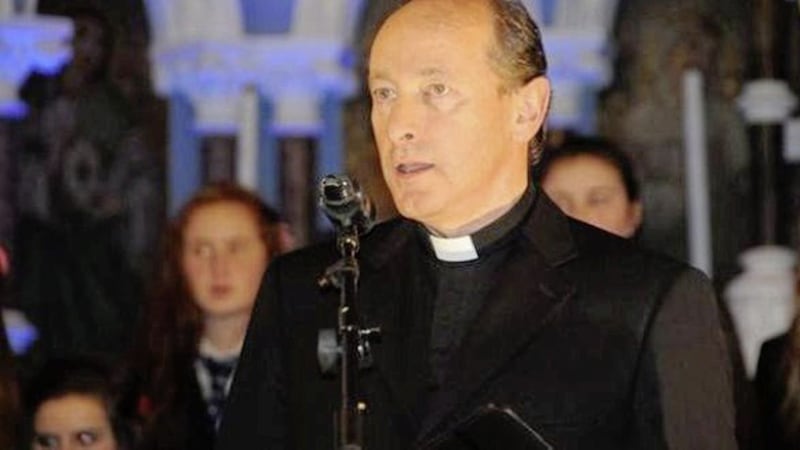A CATHOLIC bishop in the Republic has apologised for spreading misinformation after he claimed a cervical cancer vaccine would increase promiscuity among schoolgirls.
Bishop Phonsie Cullinan of Waterford and Lismore has been at the centre of a media storm for the past week since making his comments on the HPV jab, with health professionals warning his "ignorant" views could endanger lives.
He claimed the vaccine, which is given to 12-year-old girls, was a "lifestyle issue" as well as a medical one "because it affects the lifestyle of our young people".
"We have to do better than to give our boys condoms and our girls injections at the age of 12 years," he said.
But in a statement released through the Catholic Communications office, he admitted he had not been "fully informed" about the vaccination programme and that he was sorry for "causing upset".
"I can see now how HPV vaccines can contribute greatly to lowering the rate of cervical cancer. As I have learnt, possession of full information is paramount on this vital health issue," he said.
Bishop Cullinan also delivered a personal apology in an interview with a Waterford radio station programme in which he said he had chosen the 'wrong vehicle' to express his views on teenage sex.
"I put it across in a very hamfisted way. The real issue is that so many young people are experimenting and there is peer pressure. This is a discussion we need to have,” he told presenter Eamon Keane.
Critics, including health minister Simon Harris, pointed out that the bishop has no medical or scientific qualifications and should therefore not be making pronouncements on such issues.
The Health Service Executive (HSE) described Bishop Cullinan's earlier remarks about the vaccine as unacceptable and ill-informed.
HSE director of communications Paul Connor said the bishop's comments "may have had resonance fifty years ago in Ireland. But in the context of a young, intelligent, vibrant and mobile population of Ireland of 2017 his comments are outdated, unhelpful and quite frankly ill-informed."
Vaccinations against the HPV virus fell by half last year in Ireland amid scares spread on social media about side-effects. The uptake has since stabilised.
Since 2010 more than 230,000 girls have been vaccinated, with about 1,000 reporting adverse reactions such as headaches, dizziness and tiredness.
Uptake rates in the north, where the vaccine was introduced in 2008, have remained high.







